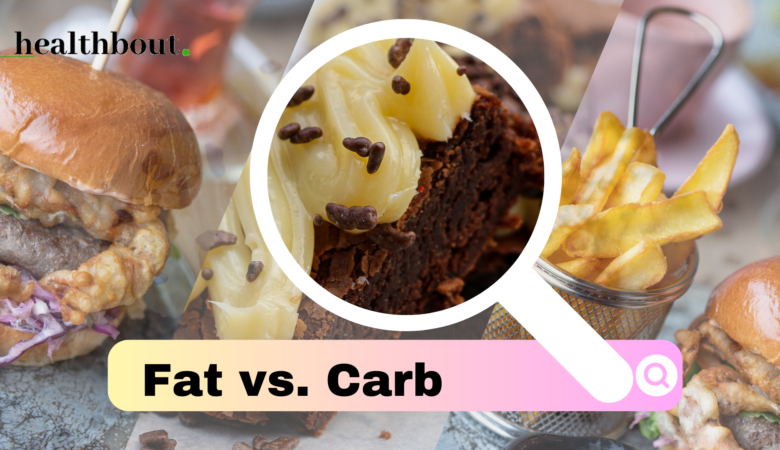Acid reflux, also known as gastroesophageal reflux disease (GERD), is a common digestive disorder that affects millions of people worldwide. It occurs when stomach acid flows back into the esophagus, causing a range of uncomfortable symptoms.
GERD, a condition that impacts approximately 20% of individuals in the United States according to the National Institute of Diabetes and Digestive and Kidney Diseases (NIDDK), can cause significant discomfort.
This article will provide an in-depth understanding of acid reflux, including its causes, symptoms, and effective treatment options.
What is Acid Reflux?
Acid reflux occurs when the lower esophageal sphincter (LES), a muscular ring that separates the esophagus from the stomach, weakens or relaxes abnormally. This allows stomach acid to flow back into the esophagus, leading to irritation and inflammation.
Common Causes of Acid Reflux
Several factors can contribute to the development of acid reflux. The most common causes include:
- Diet: Certain foods and beverages, such as fatty and fried foods, citrus fruits, tomatoes, chocolate, caffeine, and alcohol, can trigger acid reflux symptoms.
- Obesity: Excess weight puts pressure on the stomach, increasing the likelihood of acid reflux.
- Hiatal Hernia: This condition occurs when the upper part of the stomach protrudes through the diaphragm, allowing acid to flow back into the esophagus.
- Pregnancy: Hormonal changes and increased pressure on the abdomen during pregnancy can cause acid reflux.
Recognizing Acid Reflux Symptoms
Acid reflux can manifest in various ways. Common symptoms include:
- Heartburn: A burning sensation in the chest or throat, often after eating or when lying down.
- Regurgitation: Sour or bitter-tasting acid backing up into the throat or mouth.
- Dysphagia: Difficulty swallowing or a sensation of food getting stuck in the chest.
- Chronic Cough: A persistent cough that may be caused by irritation from stomach acid.
- Hoarseness: Changes in the voice, often accompanied by a sore throat.
Effective Treatment Options for Acid Reflux
Fortunately, there are several ways to manage acid reflux and alleviate its symptoms. Here are some effective treatment options:
- Lifestyle Modifications:
- Maintain a healthy weight through regular exercise and a balanced diet.
- Avoid trigger foods and beverages.
- Eat smaller, more frequent meals instead of large meals.
- Elevate the head of your bed to prevent stomach acid from flowing back into the esophagus during sleep.
2. Medications:
- Antacids: Provide temporary relief by neutralizing stomach acid.
- H2 blockers: Reduce acid production in the stomach.
- Proton pump inhibitors (PPIs): Block acid production and promote healing of the esophagus.
Surgical Interventions:
- In severe cases of acid reflux, surgical procedures may be considered to strengthen the LES or repair a hiatal hernia.
How to Prevent Acid Reflux
Prevention plays a crucial role in managing acid reflux. Consider these preventive measures:
- Eat smaller portions and avoid overeating.
- Maintain a healthy weight.
- Avoid lying down immediately after meals.
- Quit smoking, as it can worsen acid reflux symptoms.
- Manage stress levels, as stress can exacerbate acid reflux.
Conclusion:
Acid reflux, or GERD, can significantly impact one’s quality of life. By understanding the causes, recognizing the symptoms, and implementing effective treatment options, individuals can effectively manage acid reflux and find relief from its discomfort. Remember, it is essential to consult with a healthcare expert for an accurate diagnosis and personalized treatment plan for acid reflux symptoms.







